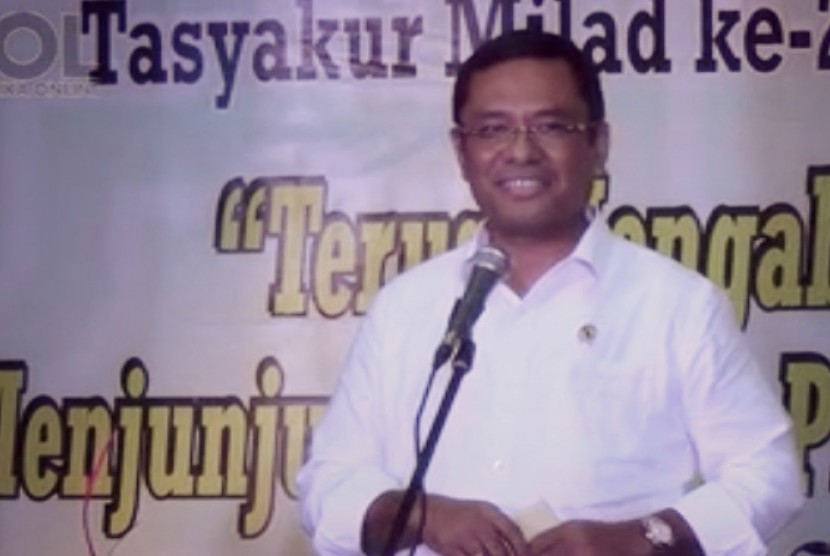REPUBLIKA.CO.ID, JAKARTA -- Industry minister Saleh Husin has expressed optimism that industrialization outside Java especially in the eastern regions would be realized in view of the regions' abundant natural resources.
"Indonesian eastern regions are rich with natural resources especially minerals and marine products and so I have strong conviction that industrialization in the eastern regions would grow fast," he said in a general lecture at Sumbawa University of Technology according to a press release received here on Sunday.
He said contribution from the industrial sector to the country Gross Domestic Product had so far been dominated by industries located in Java reaching 75 percent.
However non-oil/gas processing industries have slowly been moving to outside Java, from 24.63 percent in 2008 to 27.22 percent in 2013.
Contribution from Papua, Maluku, Nusa Tenggara and Sulawesi to the additional value of the national non-oil/gas industrial sector was still relatively small at only around 2.78 percent, he said.
The minister said another encouraging thing is that non-oil/gas industrial growth outside Java has been recorded at 6.56 percent which is higher than in Java which is 5.99 percent.
He said right now the national industrial development policy would be focused on development of industrial zones outside Java.
The government has already planned to develop 14 new industrial zones outside Java and facilitate the development of 22 small and medium industrial centers in the next five years, he said.
The industrial development policy is also aimed at boosting population of industries to 9,000 medium and large-scale industrial businesses with 50 percent of them expected outside Java and 20,000 units of small and medium industries with competitiveness and productivity to increase the value of exports and added value of the manpower.
"So I invite the UTS academic community members to play an active role in contributing creative ideas and breakthroughs in an effort to develop industries in the Indonesian eastern regions and respond to industrial problems in the regions," he said.


